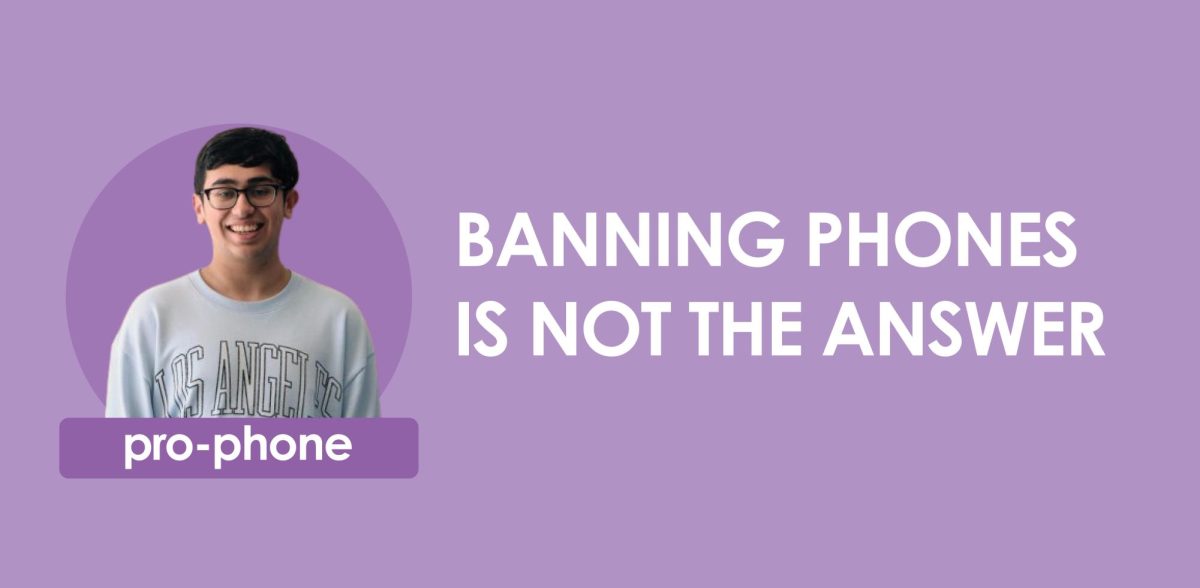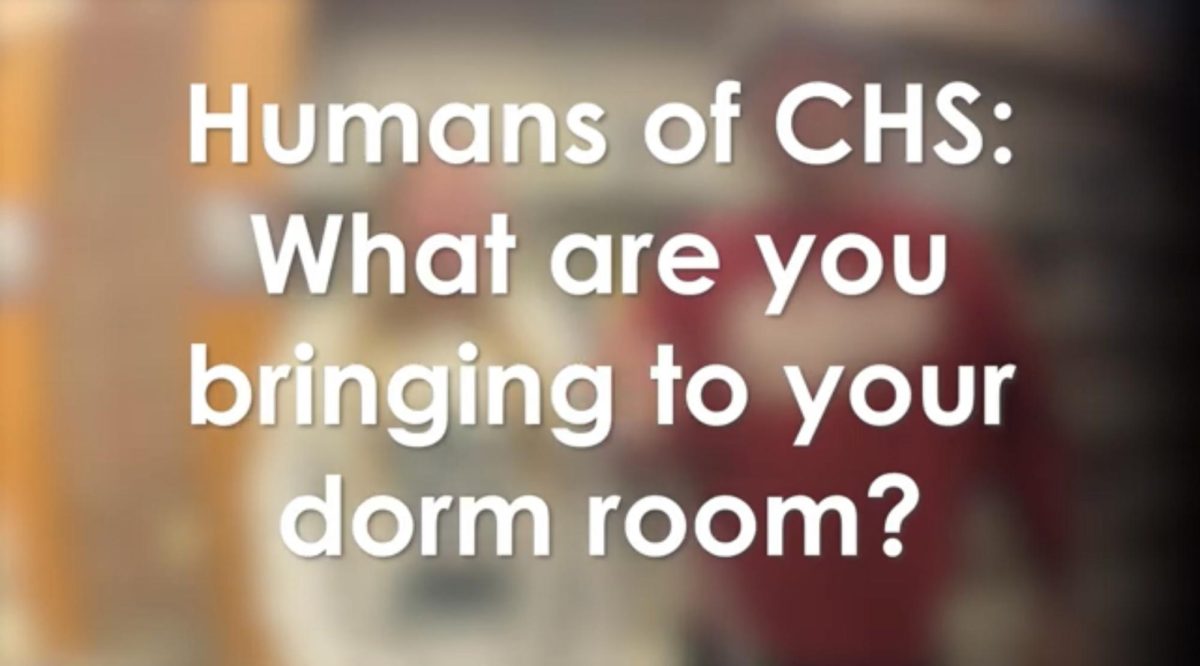In some circles, primarily in schools that do not encourage alternative education, there is a strong stigma against those who choose alternative routes other than traditional colleges, such as trade schools or community colleges. Many people who select these options are seen as subpar and not intelligent enough to go to a “real” college and therefore will not have successful or fulfilling lives. However, this misconception is generally poorly guided. In reality, according to StrataTech Education Group, 93% of parents view trade schools as a positive career, yet only 32% of students report that their school promotes trade schools. This means that although trade and community schools can be great options, many students are limited simply by the high school they go to. While alternative colleges could be true in some cases, this is by no means all cases. Starting with community colleges, although it’s true that many times, traditional colleges offer more courses and degrees, community colleges still have their pros. These can range from shorter times to get degrees, massively reduced costs, and the flexibility of community colleges can make it a viable option for some. Community colleges can miss out on research opportunities, but these are not entirely necessary for a successful life. Not only this, but since community colleges have relatively low tuition costs, there is little stopping someone from transitioning to another college if they do not enjoy community colleges.
That being said, the stigma against community college and trade schools, although undeserved in many circumstances, is not entirely unfounded. They still have their cons, such as limited career growth out of college. For community colleges specifically, the limited transferability of credits and the course selections can be a deterrent for many. Not only this, but community colleges also lose out on many of the perks of traditional colleges, such as career centers and internship opportunities with companies, as well as a more expansive campus life and events. For trade schools, although they can offer a fast path to well-paying careers, they can limit career growth and less flexibility after college, as they essentially “lock” someone into the trade, as well as including the other pros and cons of community colleges.
While it can be argued that processes like familiarization with community colleges within high schools can reduce stigma, it will likely not end within the near future simply because parts of the arguments are true, such as the more limited degree options. This by no means makes community colleges bad; however, the stigma will likely not end due to the multitude of criticisms that can be levied against them. The legitimate criticisms are entirely fair, as they accurately portray community and trade schools. However, despite this being the norm, exceptions on community colleges can still provide valuable experiences for people who are willing to go to them.
Community colleges and trade schools are not necessarily bad, just that they lack the amount of diversity and opportunities that normal colleges provide. They are both cheaper and tend to be closer than normal colleges, which allows people to directly get into a job right after college; however, any students that have the ability to apply for normal colleges before community colleges should at least attempt to.






























![Family vlogger controversy, need for content reform [opinion]](https://hilite.org/wp-content/uploads/2024/05/Screenshot-2024-05-14-11.33.37-AM-1200x465.png)




























![Review: Taylor Swift’s new album The Tortured Poets Department is not her best work but is still a brilliant album [MUSE]](https://hilite.org/wp-content/uploads/2024/05/The-Anthology_Cover-1200x675.webp)
![Review: Challengers does it all [MUSE]](https://hilite.org/wp-content/uploads/2024/05/challengers-poster-1200x600.png)
![Review: A House of Flame and Shadow by Sarah J. Maas was a disappointing read [MUSE]](https://hilite.org/wp-content/uploads/2024/05/house-of-flame-and-shadow-feature.png)
![Review: Conan Gray’s new album, “Found Heaven”, is a refreshing twist on modern music [MUSE]](https://hilite.org/wp-content/uploads/2024/05/Screenshot-2023-10-31-at-16.01.05.webp)
![Review: “Bodies, Bodies, Bodies” is the quintessential Gen-Z movie [MUSE]](https://hilite.org/wp-content/uploads/2024/05/Screenshot-2024-05-15-140618.png)
![Review in Print: Maripaz Villar brings a delightfully unique style to the world of WEBTOON [MUSE]](https://hilite.org/wp-content/uploads/2023/12/maripazcover-1200x960.jpg)
![Review: “The Sword of Kaigen” is a masterpiece [MUSE]](https://hilite.org/wp-content/uploads/2023/11/Screenshot-2023-11-26-201051.png)
![Review: Gateron Oil Kings, great linear switches, okay price [MUSE]](https://hilite.org/wp-content/uploads/2023/11/Screenshot-2023-11-26-200553.png)
![Review: “A Haunting in Venice” is a significant improvement from other Agatha Christie adaptations [MUSE]](https://hilite.org/wp-content/uploads/2023/11/e7ee2938a6d422669771bce6d8088521.jpg)
![Review: A Thanksgiving story from elementary school, still just as interesting [MUSE]](https://hilite.org/wp-content/uploads/2023/11/Screenshot-2023-11-26-195514-987x1200.png)
![Review: When I Fly Towards You, cute, uplifting youth drama [MUSE]](https://hilite.org/wp-content/uploads/2023/09/When-I-Fly-Towards-You-Chinese-drama.png)
![Postcards from Muse: Hawaii Travel Diary [MUSE]](https://hilite.org/wp-content/uploads/2023/09/My-project-1-1200x1200.jpg)
![Review: Ladybug & Cat Noir: The Movie, departure from original show [MUSE]](https://hilite.org/wp-content/uploads/2023/09/Ladybug__Cat_Noir_-_The_Movie_poster.jpg)
![Review in Print: Hidden Love is the cute, uplifting drama everyone needs [MUSE]](https://hilite.org/wp-content/uploads/2023/09/hiddenlovecover-e1693597208225-1030x1200.png)
![Review in Print: Heartstopper is the heartwarming queer romance we all need [MUSE]](https://hilite.org/wp-content/uploads/2023/08/museheartstoppercover-1200x654.png)






















![Review: “Ginny & Georgia” is a dramatic and poorly made emotional rollercoaster–and I loved it anyway [MUSE]](https://hilite.org/wp-content/uploads/2024/03/ginny-and-georgia-season2-main-be37bbb9487a41e88b3f66c3baacd5c3-300x177.jpg)
![Review: Witch Hat Atelier is a masterpiece in art and world-building, but the story has only begun [MUSE]](https://hilite.org/wp-content/uploads/2024/01/unnamed-211x300.png)
![Review: “Mysterious Lotus Casebook” is an amazing historical Chinese drama [MUSE]](https://hilite.org/wp-content/uploads/2024/03/0-300x170.webp)
![Review: “A Little Life” by Hanya Yanagihara is the epitome of a heartwrenching masterpiece [MUSE]](https://hilite.org/wp-content/uploads/2024/01/unnamed-5-300x200.png)


